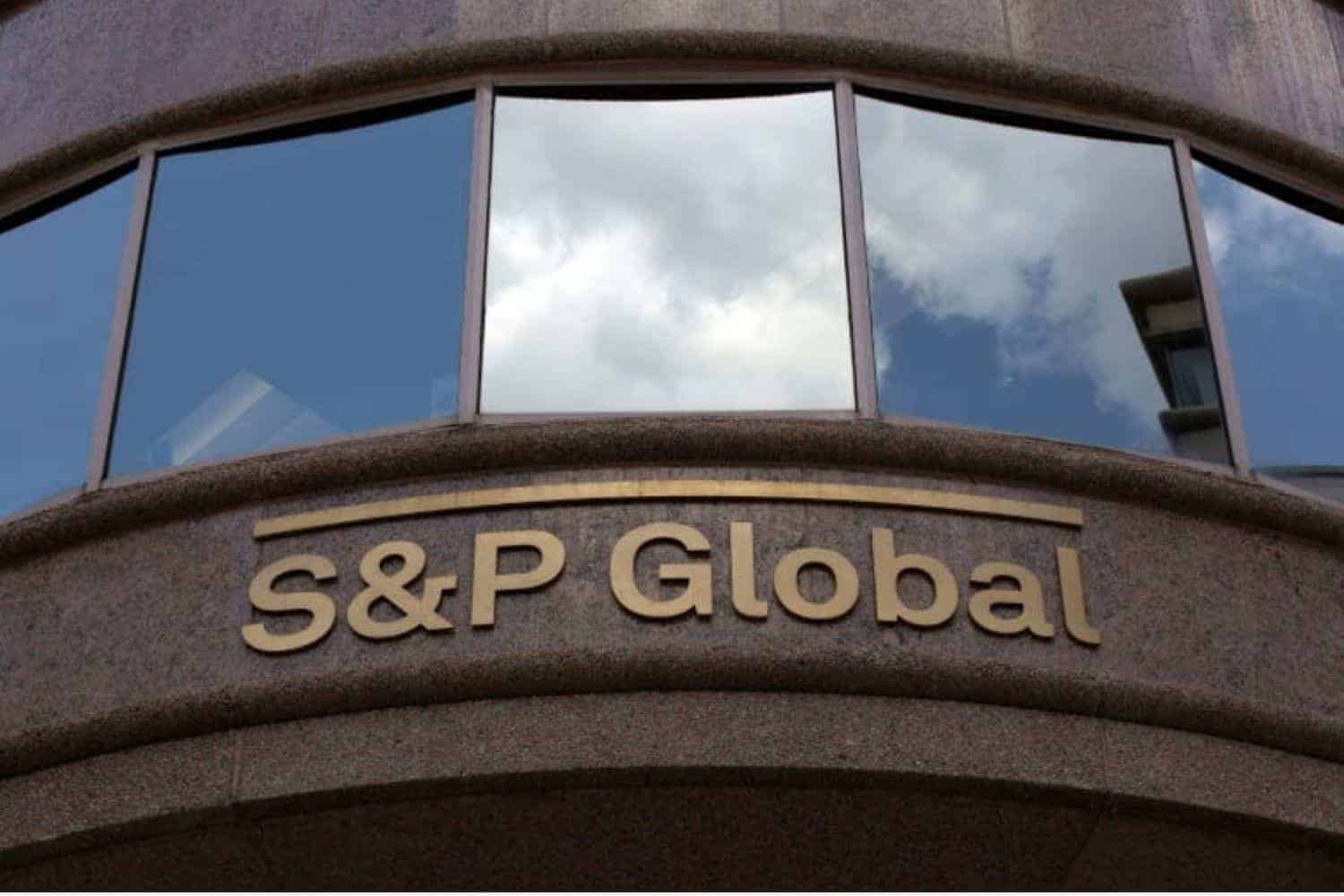The experts are feeling more optimistic about South Africa after Standard & Poor Global decided to upgrade the country’s credit rating.

Organisations and economists have welcomed the good news that ratings agency Standard & Poor Global decided to upgrade South Africa’s credit rating, as it affirms the progress the country has made so far to encourage economic growth.
S&P cited improvements at key state-owned enterprises, including Eskom, and stronger revenue collection as contributing factors. These developments suggest a more credible fiscal trajectory, which is critical to investor confidence.
Business Unity South Africa (Busa) welcomed the decision to upgrade South Africa’s long-term foreign and local currency credit ratings. This development affirms progress made in restoring fiscal stability, improving institutional integrity and setting a path toward inclusive economic growth, Khulekani Mathe, CEO of Busa, says.
The upgrade follows the 2025 Medium Term Budget Policy Statement (MTBPS) that reaffirmed government’s commitment to stabilising debt, delivering a primary budget surplus and accelerating structural reform.
ALSO READ: Standard & Poor upgrades SA’s credit rating for first time in two decades
S&P Global’s upgrade a turning point for SA’s economic recovery
“The decision signals a turning point in South Africa’s economic recovery. It reflects the combined effort of government, business and civil society to rebuild credibility and restore confidence. What matters now is translating this progress into real outcomes such as investment, job creation and broader economic opportunity.”
Busa believes the country must now focus on sustaining this progress. Priority areas include infrastructure investment, regulatory reform, reliable energy and logistics systems, as well as strengthening the public sector by improving service delivery and tackling corruption.
“South Africa has a chance to shift from stagnation to growth. Organised business is committed to playing its role by investing in productive capacity, supporting public-private collaboration and contributing to reforms that strengthen the economy,” Mathe says.
ALSO READ: G20, B20 and credit rating upgrade opportunity for SA to show it is back in business
S&P Global upgrade not just a technical adjustment
Sanisha Packirisamy, chief economist at Momentum Investments, says the upgrade from S&P is not just a technical adjustment. “It is a recognition that reforms are beginning to work. It confirms that fiscal consolidation is finally taking hold. Institutions are remaining resilient, and macro stability is improving.
“And critically, it reinforces that South Africa is moving in the right direction after a long period of stagnation. But the message from S&P is also clear: momentum must be maintained. Faster reforms in logistics, municipalities, investment facilitation and the broader public sector are essential to turn this early progress into a sustained rise in living standards for all South Africans.”
She says from an investment perspective, this is the most constructive backdrop that we have seen in a number of years. “South Africa’s credit story is improving, confidence is returning, and the macro environment is slowly normalising.
“If reform momentum continues, this upgrade could be the start of a broader re-rating story. For all our clients, this means a more supportive backdrop for returns across fixed income, equities and multi-asset portfolios.
ALSO READ: Moody’s: High borrowing costs in SA, while Fitch keeps rating stable
JSE welcomes S&P’s ratings upgrade for South Africa
The Johannesburg Stock Exchange (JSE) also welcomed S&P Global’s upgrades of South Africa’s sovereign credit ratings.
“The upgrades of our foreign currency long-term sovereign credit rating to ‘BB’ and local currency long-term sovereign credit rating to ‘BB+ with a positive outlook’ confirms that South Africa’s economic trajectory has turned.
“Credible policy, disciplined execution and ongoing collaboration between government, business and institutions are rebuilding the foundations of stability and long-term growth. When reforms take root, credibility strengthens, investment follows, and momentum begins to compound,” JSE Group CEO, Leila Fourie, says.
“The adoption of a new 3% inflation target further deepens South Africa’s macroeconomic anchor. It aligns the country with global practice and should, over time, lower inflation expectations, create room for lower interest rates and reduce borrowing costs across the economy. These forward-looking reforms strengthen the fiscal framework for the decade ahead.”
ALSO READ: S&P Global keeps SA’s credit rating on positive outlook
S&P Global ratings upgrade shows what government and business can do together
She says the upgrade recognises the compounding effect of institutional improvements, with government and business working together towards a common goal.
“South Africa’s exit from the FATF greylist builds confidence in the integrity of its financial systems.
“The partnership between financial sector leaders and the National Treasury is advancing reforms that make South Africa more competitive. Recent fiscal consolidation strengthens the conditions for these reforms to take hold. The JSE has been proud to help coordinate this effort and lead the private sector drive to support the government’s reform agenda.”
Fourie points out that as a country, we still face real structural challenges, and we still have a great deal of work to do.
“Growth remains subdued, unemployment is too high, and the reform agenda requires consistent execution. But the tide is moving in the right direction.
“As we prepare to host the G20 and B20 meetings, the upgrade sends a positive signal of progress and the potential for further upgrades as the country drives towards building fiscal credibility, growth and executing fiscal reform.
“It indicates that the reform path is credible, that institutions are strengthening and that the macroeconomic framework is sound. It supports South Africa’s position at a moment when the world has its eyes focused on South Africa,” Fourie says.






